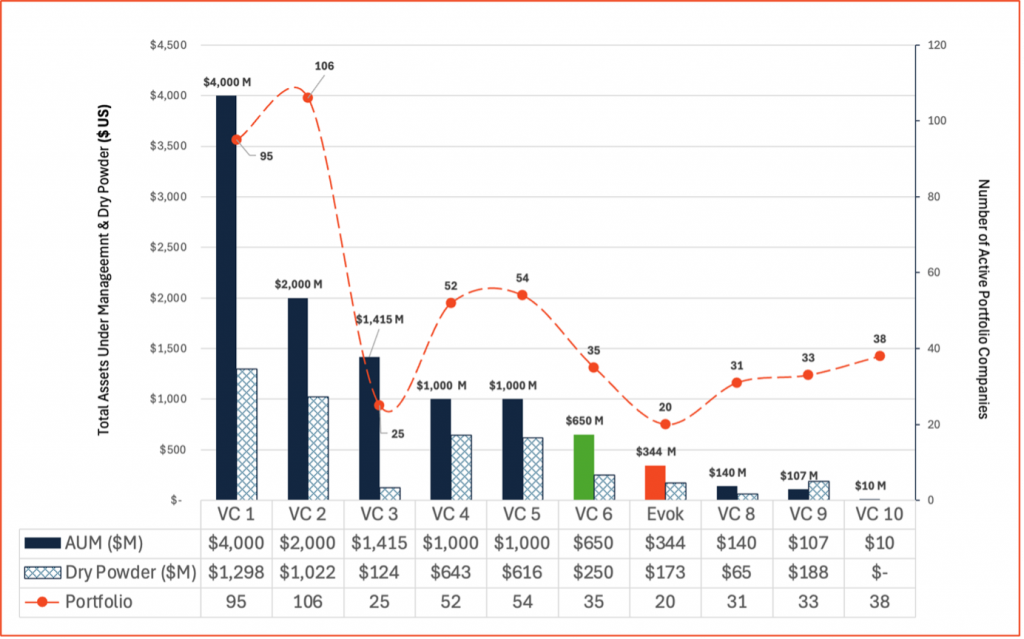Fisayo Adeyemi | MEL Candidate | Dec 2, 2024.
Mentors: Darren Love, Evok Innovations
Abstract
This capstone project developed a harmonized impact reporting framework tailored for North American venture capital (VC) firms investing in clean-tech and clean-energy startups. The framework addresses the challenges of aligning investment strategies with dynamic policy landscapes, including the Sustainable Finance Disclosure Regulation (SFDR) and North American regulatory mandates. Created through collaboration with ten VC firms, the framework combines best practices in impact measurement and reporting, ensuring compatibility with diverse policies and Limited Partner (LP) expectations. By streamlining impact evaluation and enhancing transparency, the framework facilitates effective fundraising and policy compliance. It is set for deployment to the working group of ten VC funds in December 2024, empowering stakeholders to measure and communicate investment impacts consistently while driving capital toward sustainable innovation.
Introduction
Evok Innovations, founded in 2016 through a partnership with Suncor, Cenovus, and the BC Cleantech CEO Alliance, is pioneering efforts to create a harmonized approach to impact reporting for venture capital (VC) investments in clean-tech and clean-energy startups. With a portfolio of 20 companies, Evok’s work highlights the critical need for frameworks that align investments with dynamic policy landscapes, such as Europe’s Sustainable Finance Disclosure Regulation (SFDR), including its Article 8 and 9 fund requirements.
- This need gave rise to the purpose of this capstone: to develop a harmonized impact reporting framework that enables North American VC firms to align their strategies with regulatory mandates and facilitate international fundraising into cleantech.
- Collaborating with ten VC firms, this initiative ensures compliance, enhances transparency, and addresses market complexities, driving sustainable innovation in a cleantech sector projected to grow from $1.4 trillion to $4.6 trillion by 2028.
Methods and Materials
The study leveraged collaboration with ten North American venture capital (VC) firms to co-develop a harmonized impact reporting framework aimed at achieving SFDR Article 8 compliance at a minimum. This compliance enables these funds to align with European Limited Partners’ (LPs) requirements, thereby unlocking fundraising opportunities in Europe.
Key methodologies included policy analysis, workshops, and iterative framework design. Data sources included regulatory policies, investment trends from PitchBook, and firm-specific impact practices. Workshops facilitated co-creation and refinement of the framework to ensure compliance with SFDR and other ESG standards like TCFD and IRIS+. This ensures VC firms can effectively measure, report, and align investments with global sustainability mandates.
Results
The study culminated in a harmonized impact reporting framework, achieving SFDR Article 8 compliance and aligning with global ESG standards such as TCFD and IRIS+. The framework is ready to be deployed by three partners within the working group, enabling immediate application for their clean tech and clean energy investments. It will also serve as the primary tool for these partners to prepare sustainability and impact reports for 2024 and 2025. Ongoing collaboration with the remaining seven VC firms is focused on refining and expanding the framework to ensure it is fit-for-purpose across diverse portfolios while enhancing transparency and reporting.


Discussion
The development and implementation of the harmonized impact reporting framework revealed critical challenges and opportunities in aligning venture capital investments with global standards.
Key insights include:
- Stakeholder Alignment: Balancing diverse expectations of LPs, particularly between North American and European investors posed significant challenges
- Data Constraints: Limited availability of standardized and reliable data from early-stage clean tech ventures.
- Scalability Challenges: Adapting the framework to meet the needs of firms of varying sizes and investment focuses.
Conclusion
The harmonized impact reporting framework marks a significant step toward aligning venture capital to clean tech with global standards, enabling SFDR Article 8 compliance and enhancing transparency. While its deployment by three firms demonstrates immediate utility, ongoing collaboration with additional partners will ensure its scalability, adaptability, and broader industry impact.
Contact
Email: thefisayoadeyemi@gmail.com
Website: www.linkedin.com/in/fisayoadeyemi